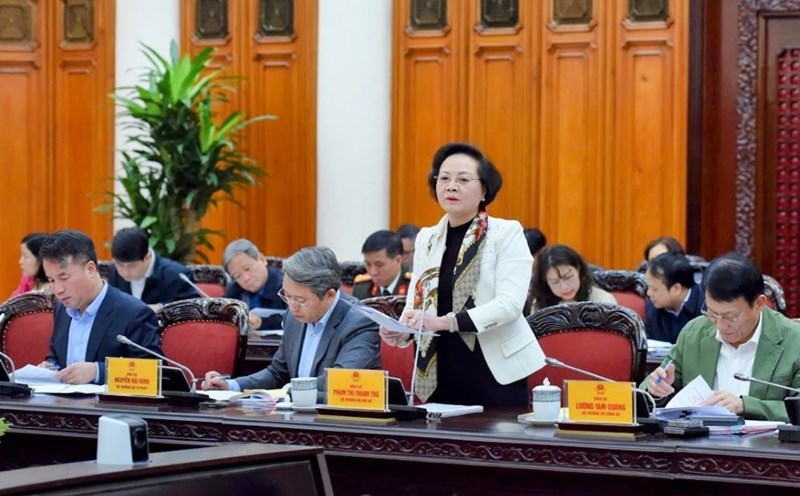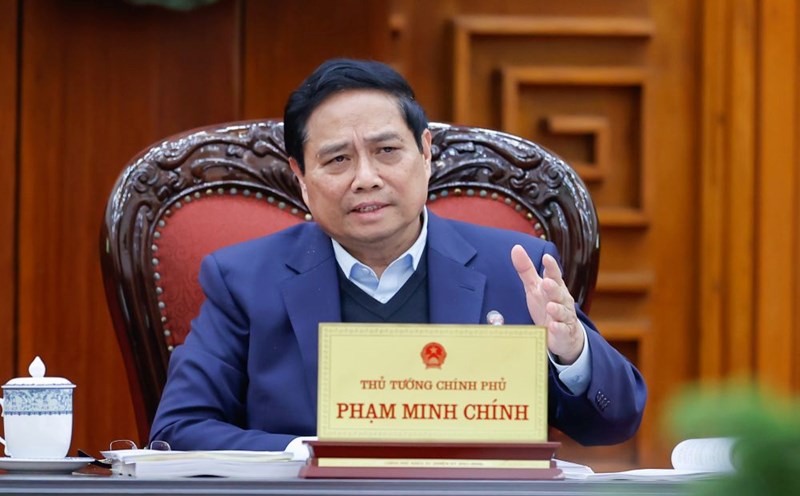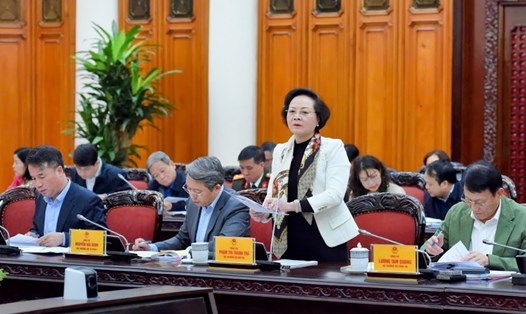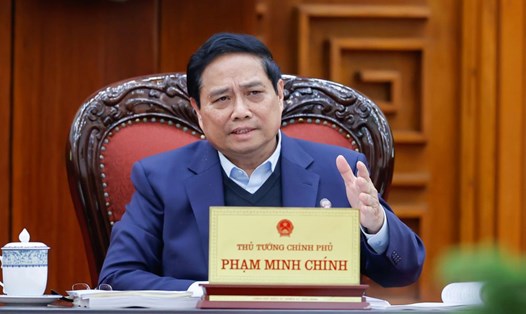The Ministry of Home Affairs has submitted to the Government a draft Decree on policies and regimes for cadres, civil servants, public employees and workers in the implementation of the organizational arrangement of the political system. The draft clearly stipulates the subjects entitled to policies and regimes and the principles of implementation.
The subjects who are entitled to policies and regimes if they quit their jobs include: Cadres, civil servants, leaders, managers, and specialized and professional civil servants; commune-level cadres and civil servants; people working under labor contracts according to the provisions of labor law before January 15, 2019 and people working under labor contracts are subject to policies like civil servants.
The draft specifically stipulates policies and regimes for people who leave their jobs (retirement and resignation); policies for people who are elected, appointed to lower leadership and management positions or resign from leadership and management positions; policies to encourage cadres, civil servants and public employees to increase their work trips to the grassroots level; policies to promote people with outstanding qualities and abilities; policies to train and improve the qualifications of cadres, civil servants and public employees after reorganization.
According to the Ministry of Home Affairs, the policies and regimes in the draft Decree are built on the basis of inheriting Decree No. 29/2023/ND-CP but the subsidy level is higher to encourage cadres, civil servants, public employees and workers to quit their jobs.
Policies and regimes are applied to all subjects affected by the process of reorganizing the apparatus and administrative units at all levels of the entire political system, without omitting related subjects.
In principle, the Ministry of Home Affairs also proposed to focus on giving priority to encourage those who retire within 12 months from the time the agency, organization, or unit implements the arrangement according to the decision of the competent authority and give priority to encourage those who are about to reach retirement age. Policies and regimes are also designed in the direction that those who retire within 12 months from the time of implementation of the arrangement according to the decision will be supported at a higher level.
For example, the policy of receiving a one-time pension benefit for early retirement: If you retire within 12 months, you will receive a benefit equal to 1 month of current salary multiplied by the number of months of early retirement if you have less than 5 years left until retirement age or 0.9 months of current salary multiplied by the number of months of early retirement (maximum 60 months) if you have between 5 and 10 years left until retirement age; If you retire from the 13th month onwards, you will only receive 0.5 times the benefit level of a 12-month retirement (equal to 0.5 or 0.45 months of current salary).
In case a subject is eligible for many policies stipulated in different documents, he/she will enjoy the highest policy.
According to the Ministry of Home Affairs, the resolution of policies and regimes needs to focus on maintaining and retaining cadres, civil servants and public employees with capacity, qualities and abilities equal to their tasks and associated with implementing policies to attract and promote talented people in the public sector.
The draft Decree on policies and regimes for cadres, civil servants, public employees and workers in the implementation of the organizational arrangement of the political system is being consulted before promulgation.









